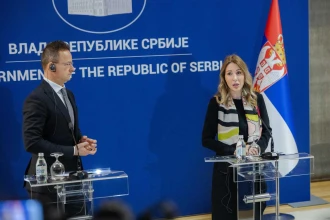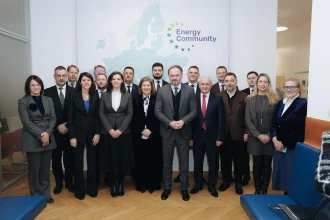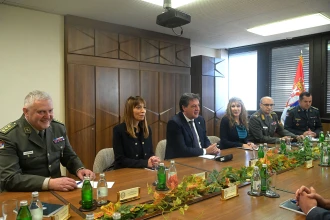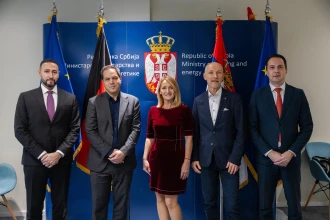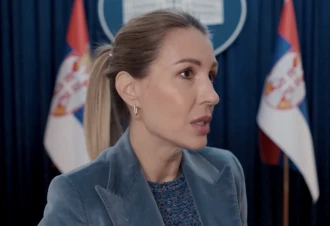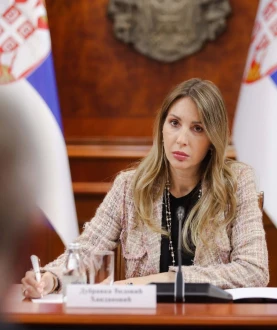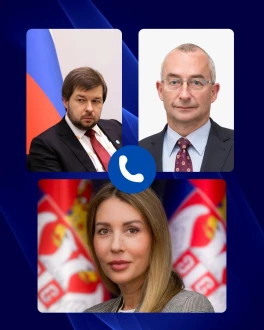Minister of Mining and Energy, Dubravka Djedović Handanović, met today with a delegation from Électricité de France, led by the company’s Senior Vice-President for Nuclear Program Development, Vakisasai Ramany. At the meeting, the conclusions of the Preliminary Technical Study regarding the consideration of peaceful use of nuclear energy in the Republic of Serbia were presented. The study was led by EDF.
Djedović Handanović: Preliminary Technical Study on the Peaceful Application of Nuclear Energy in Serbia Completed
“The Preliminary Study is the first step that provides us with guidelines, focused on the necessary early actions and key infrastructure issues in order to build a solid foundation for the efficient development of the nuclear program. In this regard, recommendations have been identified for each of the priority issues, along with an associated timeline; possibilities for integration into our power system and available market technologies have been analyzed, as well as the matter of workforce training, relying on the guidelines of the International Atomic Energy Agency and the extensive experience of Électricité de France as a leading global nuclear operator,” said Djedović Handanović.
The Minister stated that it is estimated that Serbia will need five to seven years to complete the first two phases of nuclear program development, in line with the approach outlined by the International Atomic Energy Agency.
“The first phase involves assessing the justification for pursuing nuclear energy before making a formal decision to launch the nuclear program. It includes establishing the basic legal and regulatory framework, and forming a dedicated body responsible for implementing the nuclear energy program. The study incorporates insights from three joint workshops held in Belgrade at the end of last year and the beginning of this year, involving Serbian and French experts,” she added.
Djedović Handanović also noted that the Study includes a preliminary market analysis of available conventional and small modular reactor technologies, and that an Interdepartmental Expert Working Group on Nuclear Energy is currently being formed within the Ministry of Mining and Energy.
“Available nuclear technologies have been analyzed to gain a better understanding of the technical and commercial maturity of models currently on the market, the reliability of established supply chains, as well as the strategic alignment of available options with Serbia’s national needs. We are in the process of forming an Interministerial Expert Working Group on Nuclear Energy, consisting of representatives from relevant ministries, academic institutions, and public enterprises involved in the process. This body will be responsible for further coordinating the development of the program in accordance with the guidelines of the International Atomic Energy Agency,” said Djedović Handanović.
Last year, the Ministry of Mining and Energy signed a Memorandum of Understanding with representatives from five ministries and 20 faculties, scientific institutes, and energy companies, with the aim of bringing together experts from both Serbia and abroad to support the development of the peaceful use of nuclear energy.
“We will pay particular attention to the development of a strategy for training skilled professionals and attracting domestic experts from Serbia and abroad who have extensive experience in nuclear technology development,” the Minister emphasized.
The Preliminary Technical Study for considering the peaceful use of nuclear energy in the Republic of Serbia also provides a cost estimate for implementing the first two phases of the nuclear program and analyzes the potential integration of a nuclear facility into Serbia’s power system.
“The most important question is whether and how our transmission system can integrate a nuclear facility. According to the preliminary assessments presented in each of the scenarios proposed by the study, the inclusion of nuclear reactors would not jeopardize our transmission grid. However, these assessments need to be confirmed by further analyses as the process moves forward. In one of the scenarios, after 2045, Serbia could even become a net exporter of electricity, alongside with nuclear energy contributing to significant decarbonization of the energy sector,” she said.
Djedović Handanović stated that, according to estimates from the French partners, approximately €30 million will be needed to implement the first two phases of the nuclear program over the next five to seven years.
The Memorandum of Understanding between the Government of Serbia and Électricité de France (EDF) on establishing a framework for long-term dialogue in the field of energy transition and low-carbon technology was signed in Paris last year in the presence of Serbian President Aleksandar Vučić.


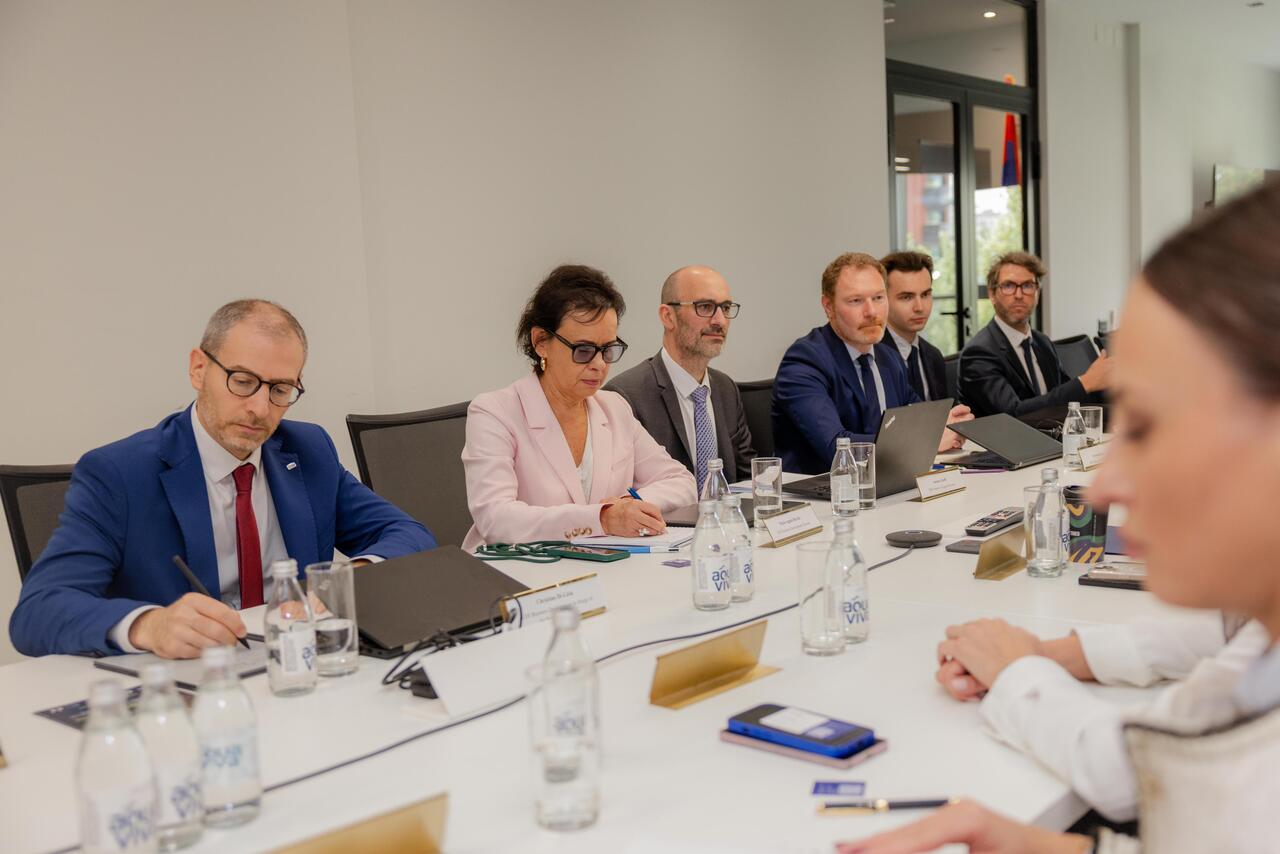
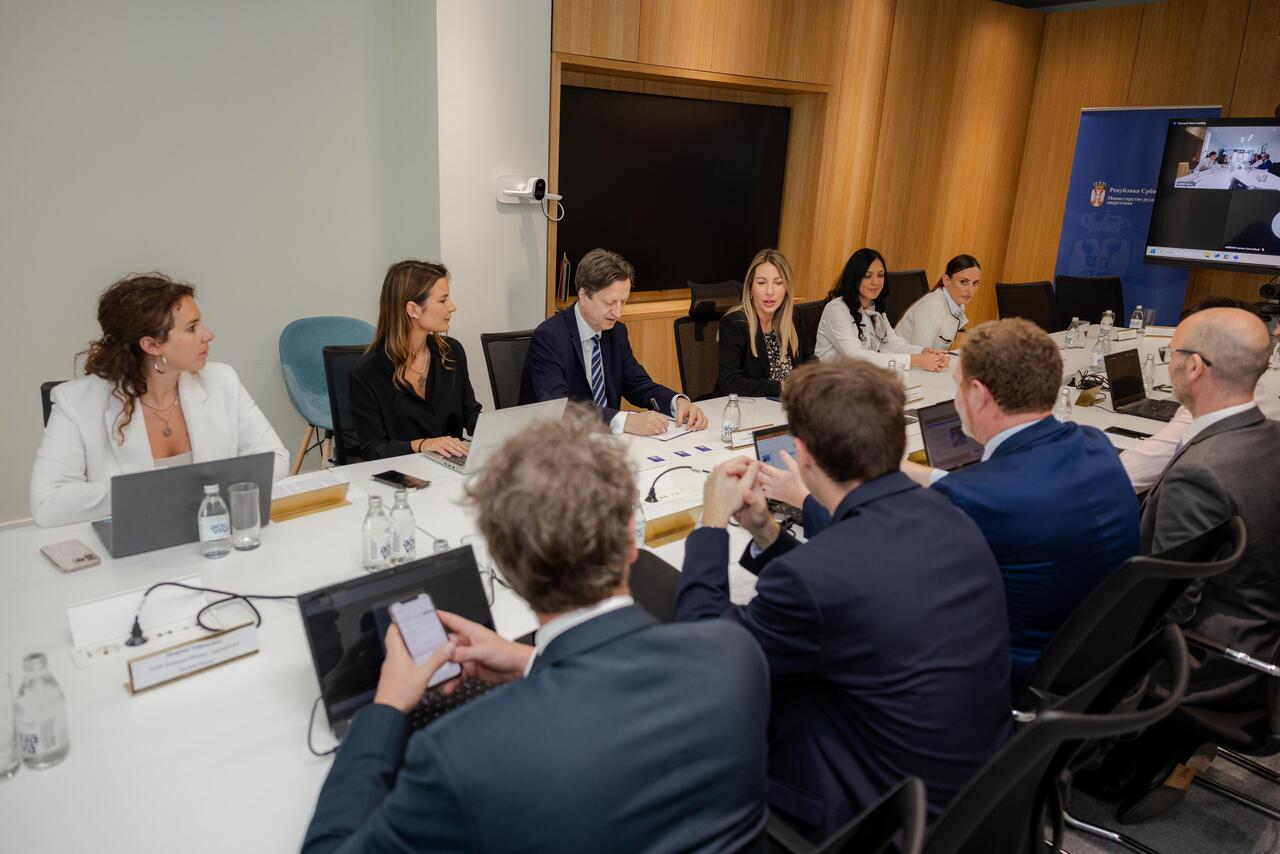
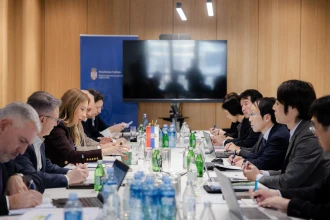
.webp)
